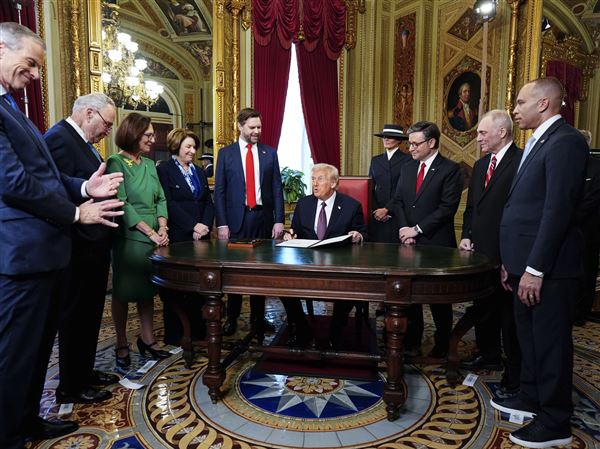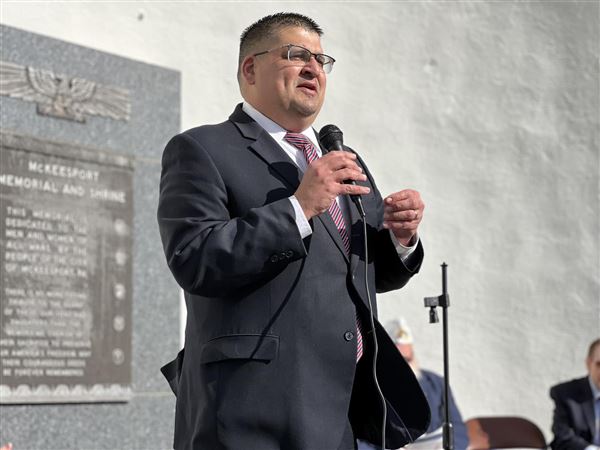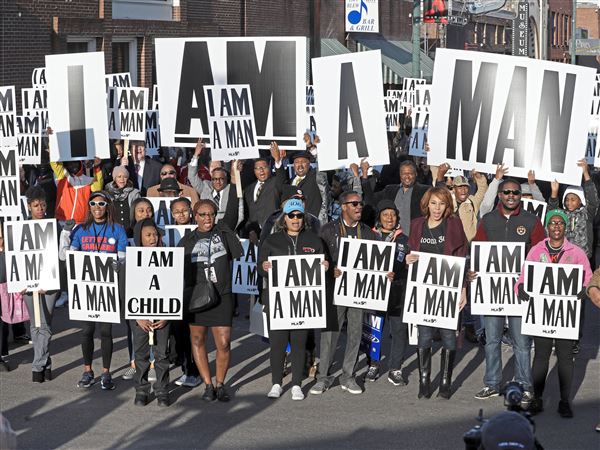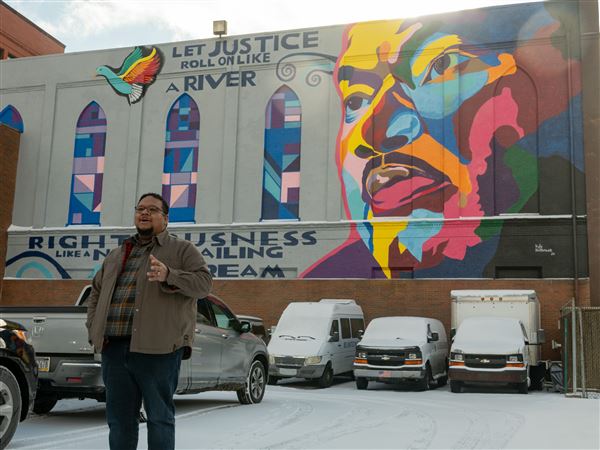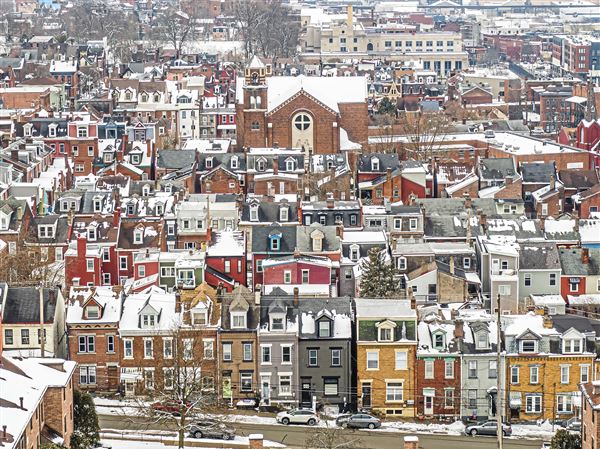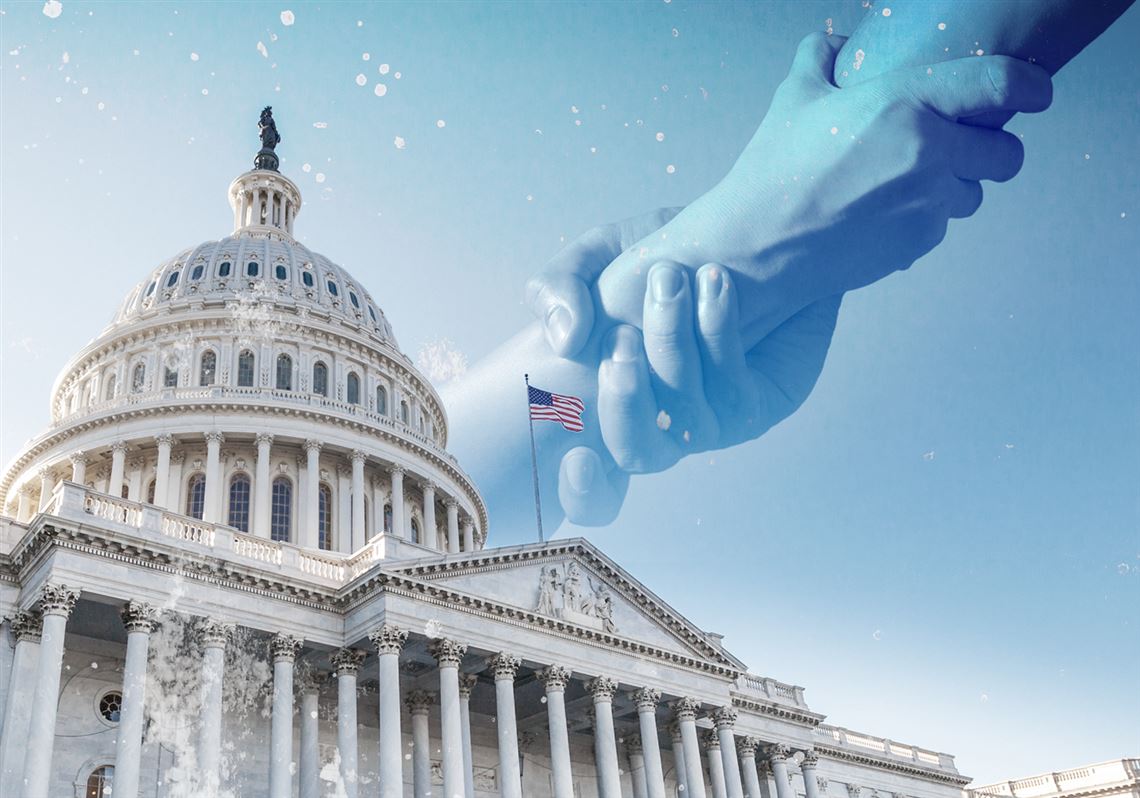If the normal response of an inadequately trained cop is to shoot first and ask questions later, where are we, as a society?
If the typical response to police brutality is to riot, what kind of civilization are we?
If the reaction of some citizens to their side losing an election is to desecrate the nation’s Capitol and threaten lynching, what kind of country are we becoming?
I use those three words — society, civilization, country — to evoke something greater than daily politics. For our politics these days often seems like mean girls and bully boys in junior high. And our journalism, merely gossip about same.
I take as my text today a quotation I return to often. It is from the late Daniel Patrick Moynihan, statesman, man of letters, thinker, gent.
He said: “The central conservative truth is that it is culture, not politics, that determines the success of a society. The central liberal truth is that politics can change a culture and save it from itself.”
There is more in those two sentences than in the whole of 90% of the books I read in college and graduate school.
The culture has given us most of the great things about America — the movies; jazz, gospel music, the blues; our greatest novelists and poets; comedy and satire; creativity, invention and ingenuity; freedom of expression and thought.
But that last gift — and the accompanying brave faith in the proposition that “the people get to call the shots,” in the writer John Updike’s words — comes from politics. I am talking here about politics in its highest form — our founding.
Freedom of thought — speech, assembly, expression, press — along with popular sovereignty, all come from our founding documents, the Declaration and the Constitution.
So, while only a culture could produce Jack Benny, Hank Williams, Gene Kelly, Grace Kelly, Rachel Carson, Joan Didion or John Updike, American political ideas had much to do with the creation of that culture — the creedal beliefs that made these people and their work possible.
And politics, again at the high and not the petty level, has continued to change us.
Two political events in the last century changed the society, the civilization, the country. One was the New Deal, in particular the creation of Social Security. The other was passage of the great civil rights legislation of the 1960s, particularly the Civil Rights Act of 1964 and the Voting Rights Act of 1965.
The first was a new creedal assertion — that we would not be two distinct societies, one rich, one poor.
The second was also a new creedal assertion, at long last — that we would not be two separate societies, one white and one Black, with two justice systems.
Of course, we are still trying to live up to both. There are more poor Appalachians than when Michael Harrington wrote “The Other America” in 1962. And a huge percentage of a whole generation of young Black men have been imprisoned, surplused by the economy, or otherwise had their hearts broken (gun violence, police violence, racial profiling) by America.
But our failures do not negate our creeds. (What Christian has ever fully lived up to his?)
You could say that the American idea, boiled down to its essence, is that every person has worth.
That’s cultural. It has to do with our Judeo-Christian roots, our literature, our music, our small towns and farms, and the open West. Respect for the limitless value of each person is in our DNA. Mister Rogers taught it: You are the only you that exists or ever will exist.
But the sacredness of the individual is also doctrinal — what and who we have decided to be at key moments in our history with key actions. Politics is the means by which we have expanded the American ideal.
The culture today needs renewal. We need to recover our belief in kindness, in pluralism, and in competence and action.
Kindness is a job for our churches, synagogues and mosques, as well as families and civic organizations.
This will take Americans realizing that they can’t go it alone: We need God and we need fellow worshippers.
Pluralism should be the mission of the universities. They did this job well not so many years ago. They are not doing it well today.
Competence should be the task of both the universities and American capitalists. Simply put, we need to produce more mathematicians, scientists, engineers and health professionals. And we need to produce more things — cars, shoes, clothing, cameras, ink pens.
If we restore competence, we might, as a dividend, restore some faith in the efficacy of human action, and in the notion that we can deal with our problems.
Here is the way government could move the culture once more: by redirecting resources and doing all it can to encourage vocations in these fields of competence. And by encouraging, aiding and protecting American industry.
Our politics has to be more than right and left, one side up and the other down, Congress and the presidency switching from one party to the other, more public spending or more tax cuts.
It has to be based on what helps the culture to renew or progress.
The New Deal and the civil rights movement changed the culture.
I asked a friend the other day what he thought about the new drive to legalize marijuana. His simple, direct response jarred me. “Tell me how that makes our society better,” he said.
I don’t know whether that is the right or wrong answer on marijuana. But I think it is the right test of any proposal — reparations, tax cuts, defunding the police, national service, infrastructure spending: Does it make society, American civilization, the country — us — better?
Keith C. Burris is editor, vice president and editorial director of Block Newspapers(kburris@post-gazette.com).
First Published: April 18, 2021, 4:00 a.m.
